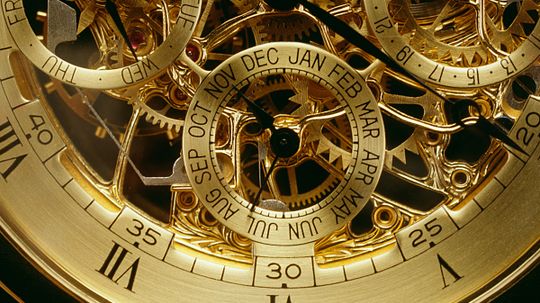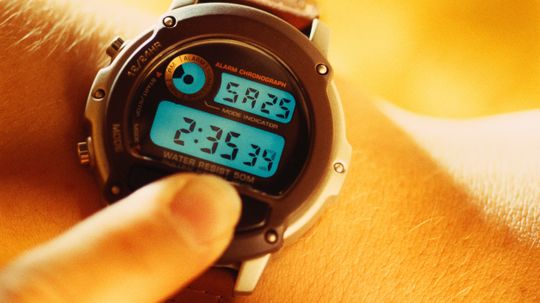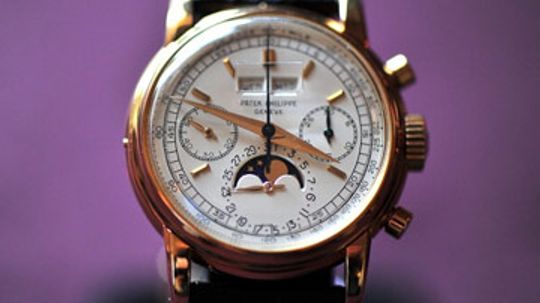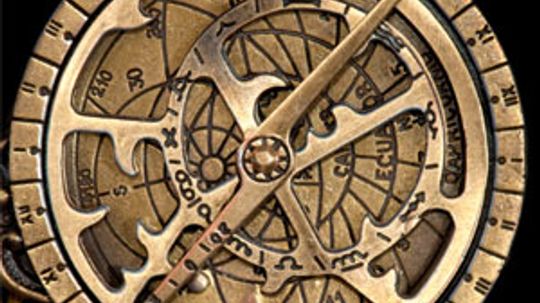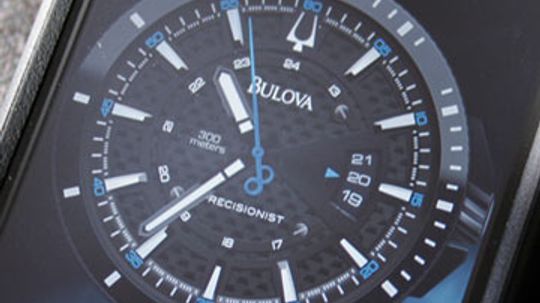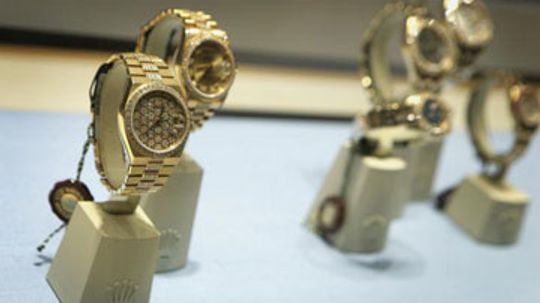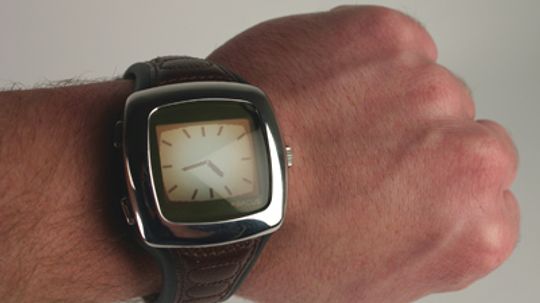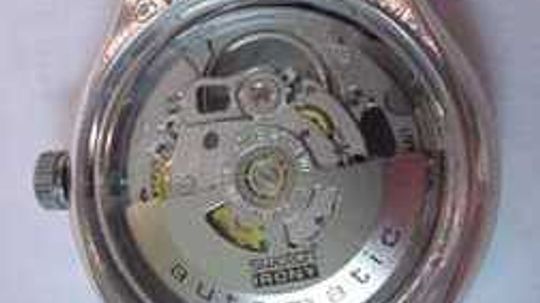Clocks and Watches
Where would we be without our clocks and watches? We'll explore the inner-workings of timepieces as well as look at some specifics, such as smart watches, Indiglo, digital watches and pendulum clocks.
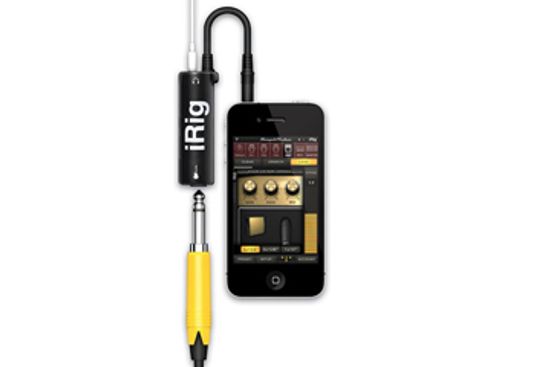
Can I turn my iPhone into a guitar amp?
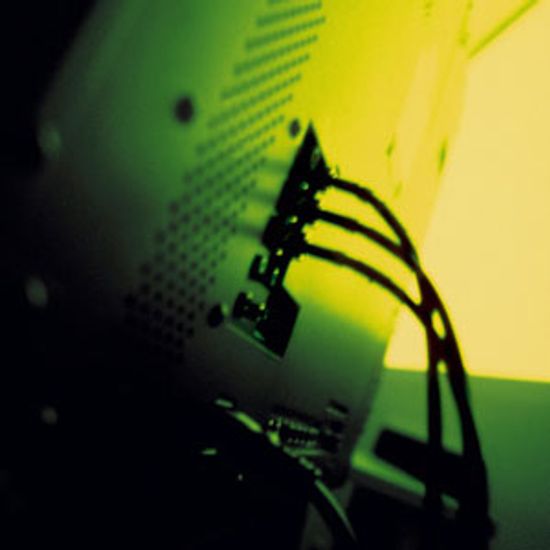
Are premium audio cables worth the investment?

Headphones vs. Earbuds: Which Are Better?

A Breathalyzer for Drugs? We're Not There Yet

Wearable Alcohol Sensor Could Text You if You're Too Drunk
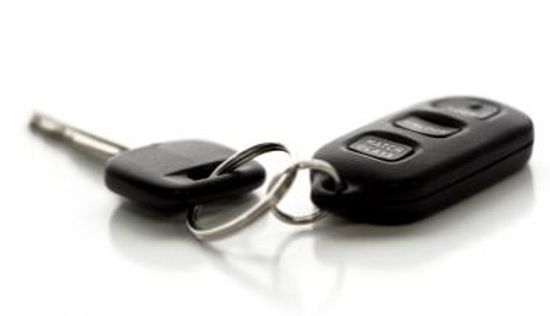
Can Other People Unlock My Car Door With Their Remote?
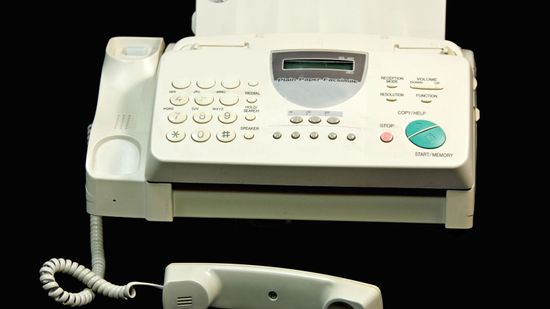
People Still Use Fax Machines, But, Um, Why?

When Was the Fax Machine Invented?

How Broadcast Fax Works

Running While Female: Safety Apps and Tech
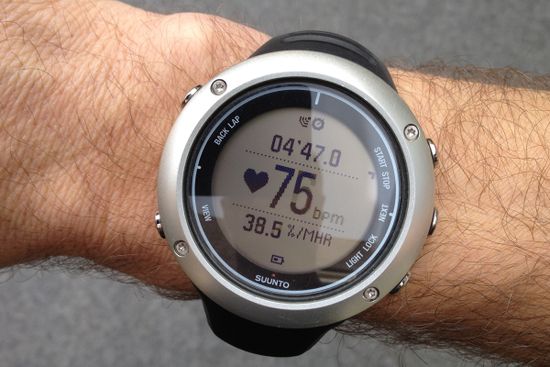
How can a bracelet track your heart rate?

How Athos Clothing Works

New MIT Headset Can 'Hear' Your Thoughts and Respond

How Amazon Echo Works

14 Apple Products That Failed Miserably

The Uber-popular Aeron Chair Was First Made for Grandma

How Virtual Windows Work

How a Clothes Steamer Works

How Digital Shopping Lists Work

How Mug Warmers Work

How Rapid Drink Chillers Work

12 Exciting VR Applications Other Than Gaming
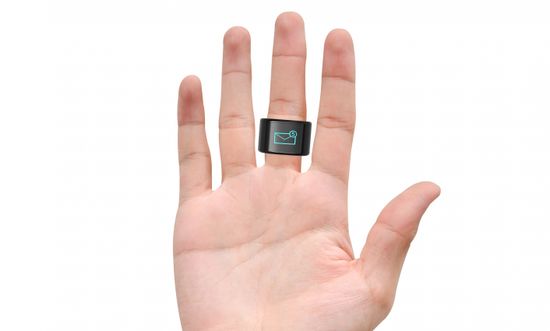
How Smart Rings Work

How could a laser pointer take down a plane?

How Satellite Phones Work

How Electronic Language Translators Work

How Apple Airport Express Works
Learn More
The Rolex name is synonymous with luxury and cool. But how did this watch company become one of the most famous brands in the world?
Portable timepieces have existed since the mid-1500s; however, the wristwatch (as we know it) has only been around for a little more than a century. Learn the many ways that watches have evolved.
Sure, we're all obsessed with our phones, but does everyone think that strapping a timepiece to the wrist is redundant?
Advertisement
You may have heard about quartz and liquid crystal in reference to wristwatches, but do you know how the two materials make the time tick by?
By Jeff Harder
Mystery clocks represent that enigmatic intersection between horology and magic. What makes their floating hands move and keep time so well?
A wristwatch is an essential part of your wardrobe, but have you ever stopped to wonder why? As it turns out, the timepiece you've strapped to your wrist has a very long and storied history.
Astrolabes are exquisitely crafted instruments that have hundreds of uses. Isn't it time you learned how to use this handy decoder of the sky?
Advertisement
Dive watches don't just tell time; they can save your life. When you're counting on a limited air supply in the depths of the ocean, you'll want to know when it's time to head for the surface.
Cell phones may be the modern pocket watch, but oscillating mechanism wristwatches are still evolving. So exactly how precise is the Precisionist?
The most expensive wrist watch in the world is embellished with 1,282 diamonds and costs $5 million. But can it really tell time better than a Timex?
Sometimes your watch is a little slow -- or at least that's what your friends insist. But down deep you wonder: Whose timepiece is really correct -- yours or theirs? And furthermore, just how accurate can anyone expect his watch to be?
Advertisement
Your wrist device links to a net of synchronized computers orbiting Earth to provide you with highly accurate data: It's not sci-fi; it's a GPS watch.
These amazing timepiece pictures explore unusual and exotic time gadgets. Learn more and explore timepiece pictures.
The ability to tell time has been around for centuries. What began as a fairly simple practice has evolved into a complex system of time, daylight savings and leap years. But where did it all start, and what was the role of sundials?
The trend in technology is to get more and more "connectivity" into smaller and smaller packages. Find out how it's possible to access news, weather, sports, stocks, horoscopes, e-mail and more from a wristwatch.
Advertisement
Clocks come in many different forms, from quartz watches to atomic clocks. Take a peek inside and learn what makes each kind tick.
Many radio-controlled clocks automatically sync their time with the atomic clock in Boulder, Colorado. How do they do it?
Indiglo watches convert electricity directly into light through the very efficient process of electroluminescence. Find out how it works!
Curious about how a self-winding watch works? Take a look at the mechanics inside a self-winding watch.
Advertisement
Have you ever looked inside a grandfather clock or a small mechanical alarm clock? Pendulum clocks are fairly complicated, but they rely on simple forces. Find out how pendulum clocks keep accurate time.
When you need to know the time, there's about a 50-50 chance you'll turn to some LEDs to find out. Have you ever wondered what goes on inside a digital clock or watch?
Wind-up alarm clocks have been around a long time, but they are still fun to explore. See what's inside this classic ticker!
Quartz watches actually use quartz crystals to keep time. How can they be so accurate? Find out why quartz makes such a great time keeper.

